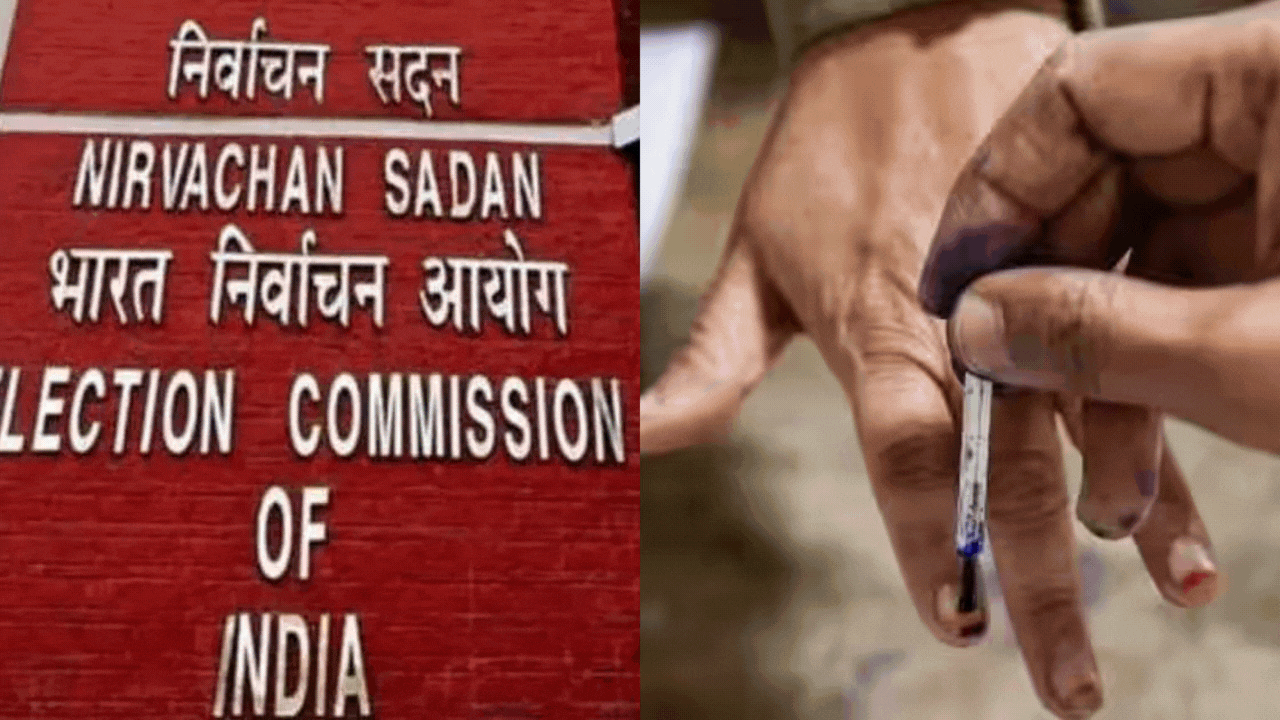With Union home ministry having agreed to “more or less” match EC’s demand for 3,400 companies of central forces, comprising around 3.4 lakh personnel, to watch over the elections, India could see LS voting over 6-7 phases, possibly starting in third week of April.Polling may be spread over a little more than a month, with results likely in late May. Nearly 97 crore people are eligible to cast their votes in over 12 lakh polling stations.
BJP will be seeking a third straight term, which will enable Narendra Modi to equal first PM Jawaharlal Nehru’s record. For opposition, it will be a do-or-die battle after having faced two consecutive defeats in 2014 and 2019.
While Lok Sabha’s term is ending on June 16, that of Andhra Pradesh assembly is due to expire on June 11, Odisha assembly on June 24 and Arunachal Pradesh and Sikkim assemblies on June 2. However, polls to J&K assembly may have to wait for later.
The 2019 LS polls were announced on March 10 and were staggered over seven phases from April 11. The results were declared on May 23.
The poll announcement will come a day after EC was restored to its usual strength of three members with two new election commissioners, Gyanesh Kumar and Sukhbir Singh Sandhu, taking charge on Friday.
Congress moves SC to prevent Centre from appointing ECs
Welcoming his two fellow commissioners to “action-packed and intense 12 weeks ahead”, chief election commissioner Rajiv Kumar said they were joining EC at a historic point, as it is “all set to conduct the general election 2024 in the world’s largest democracy”.
As per sources, it may not be feasible to provide foolproof security for simultaneous polls in J&K as all candidates need to be given protection in view of the threat they face from terrorists. Targeting of candidates is a common security risk in any poll in J&K, more so as Pakistan- and PoK-based terror masterminds will be desperate to derail any democratic exercise in J&K.
The assessment — shared with EC during the CEC’s visit to J&K on March 12-13 — is in favour of getting the security apparatus to focus on protecting the fewer candidates for parliamentary polls than spreading the forces thin to secure the far larger number of candidates that simultaneous polls to LS and UT assembly may entail.
